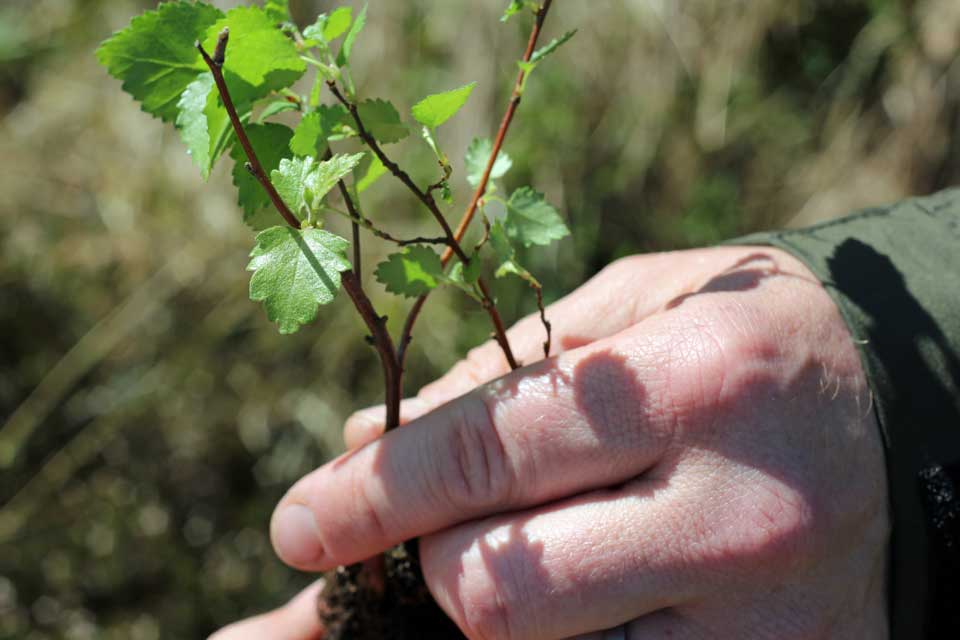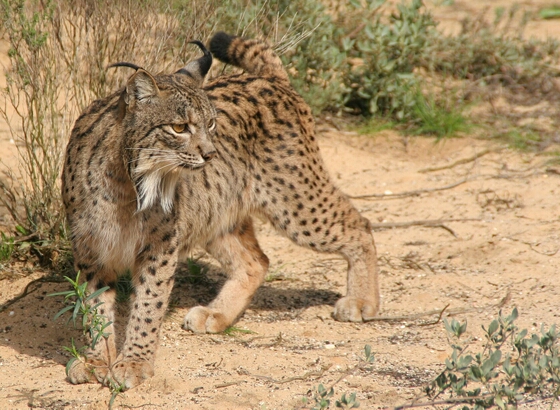Good Ideas In Conservation: Dualism (forgetting the big picture)
Conservation is caught in a dualism. On the one hand it’s this ‘big idea’ that needs global action on an unprecedented scale; that seems unlikely to happen, entirely unachievable and even the combined efforts of hundreds of blogs like this one are unlikely to make a scrap of difference anyway.
But on the other hand, many of our problems – like climate chance and over exploitation of resources – are caused by millions of tiny actions from people like you and me. I’m sitting typing away on this laptop, containing a variety of rare earth metals and ultimately it is largely powered by coal or gas. What are we to do? How can conservationists go to work each day to fight a losing battle, and still enjoy their work. You could lose a lot of sleep if you tried to carry the world’s problems on one pair of shoulders.
I don’t have myself pegged as a campaigner (or a hippy), and I don’t think we should try to stand in the way of progress. But what I would say is that wild places and wild spaces are very valuable too, both culturally and in terms of cold hard cash (the more important kind of value). Perhaps a key role for scientists in the coming years, is to continue to show this clearly and concisely.
I’ve thought a lot about this topic, especially in terms of aspiring conservationists considering other more fulfilling or financially rewarding careers. Should we encourage ourselves to think about these enormous issues, or should we focus on simply the task at hand?
More importantly, can individuals really hope to have an impact on a global issue? Let me first put this in context.
Wild Places (for the sake of wild places)

I don’t normally shout about the depressing conservation statistics you see banded around. I much prefer to jump up and down with excitement whilst sharing success stories, such as this, this or this. But in this case, it will serve to illustrate my point.
Madagascar for example. It’s thought there’s at least 150,000 species on the island, found no where else in the world. Including of course the enigmatic lemurs and the cute hedgehog like tenrecs. Yet at least 80% (some estimate more) of it’s rainforest has disappeared, and more disappears every year; even now in a time of satellites, Large Hadron Colliders and Iphones.
Around the world emissions continue to rise, and the next IPCC report is not looking promising. We are capable of amazing things, but still lacking in many areas.
Ecosystem Services (cold hard cash)
For example, it’s estimated that the value of natural pollination services in the USA are worth around $6 billion per year. That’s all the bats and bees and other insects, providing a service pollinating crops essentially for free. And that’s just one component of ecosystem services.
Similarly, a recent report by the important folks at UN-REDD (and others), suggest that just $30billion (that’s about 7% of the $480billion (!) spent annually on fossil fuel subsidies) could have a major impact on curbing global deforestation.
One particularly famous piece of research by Costanza and colleagues in 1997 estimates the annual net worth of the biosphere at $33 trillion. He recons that’s fairly conservative. Whatsmore, they more recently claimed that investing in the preservation of intact ecosystems yields returns of 100 to 1. For a really nice piece about this, check out Grist.

The Big Picture
How frequently do you see a conservation issue on the front page of a newspaper? Can you blame them?So the natural environment is disappearing, and it is valuable. The money we need to make a different is fairly small (in the grand scheme of things). But a lot more than a PhD student earns, and probably larger than the half dozen people that might read this article! It’s not surprising then, that lots of people have switched off to the topic. They aren’t interested. How frequently do you see a conservation issue on the front page of a newspaper? Can you blame them?
So the real questions is this: Should ordinary people give up?
Is conservation just a matter for a select few with clout in politics or big business? It would be tempting to think so, but here’s my favorite response…
The Cognitive Surplus
Look at something big and incredibly useful like Wikipedia. The infographic below puts in context quite how lots of people working together can achieve something amazing.

The effort required to build Wikipedia – 30 million articles in 287 languages – is but a fraction of the available energy out there. The real trick is finding the motivation to erode that cognitive surplus, and put it to constructive use.
So yes, focus on the task at hand, but be motivated (and not discouraged) by the big picture. With a bit of luck, the next big idea is just around the corner.


